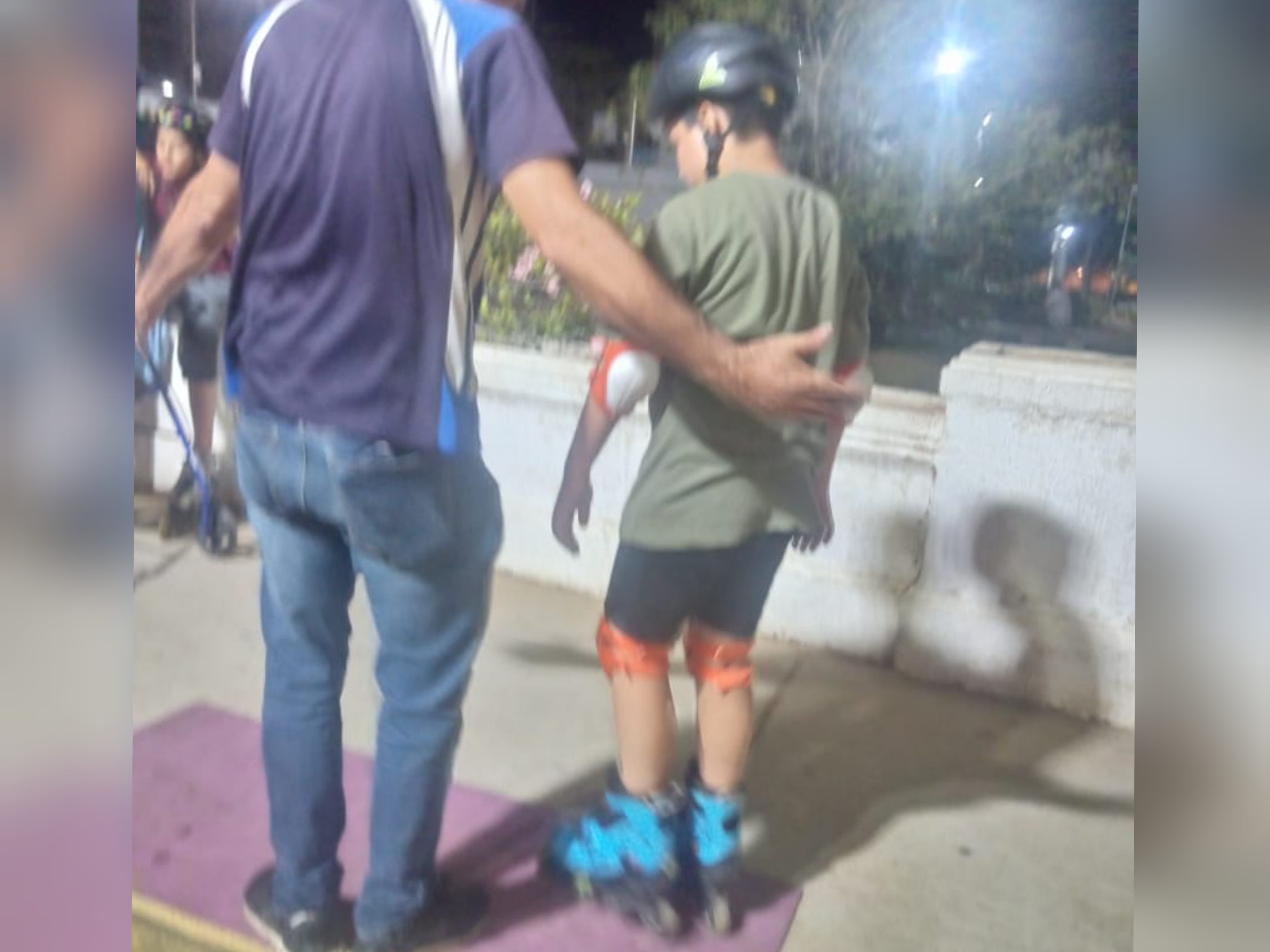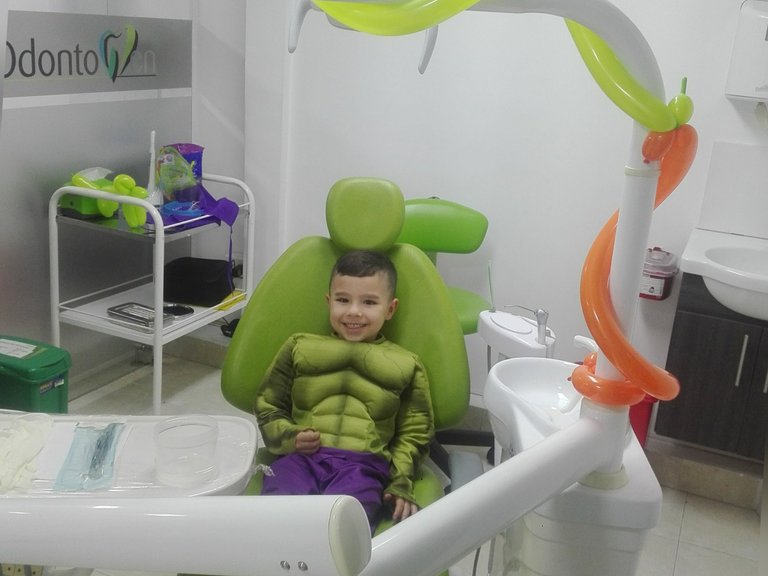Today, overprotection of children has become a hot topic of concern for many parents. In a world filled with perceived dangers, from exposure to violence in the media to fear of failure in school, parents often feel driven to protect their children from any potential threat. However, this overprotection can have long-term negative consequences for children's development and independence.

En primer lugar, la sobreprotección puede privar a los niños de la oportunidad de aprender habilidades importantes para la vida. Cuando los padres intervienen en cada obstáculo que enfrentan sus hijos, estos no tienen la oportunidad de desarrollar la resiliencia necesaria para superar los desafíos por sí mismos. En lugar de aprender a resolver problemas, los niños pueden volverse dependientes de la ayuda de los adultos, lo que les dificulta enfrentarse al mundo por sí mismos cuando sean adultos.
Además, la sobreprotección puede llevar a una baja autoestima y falta de confianza en los niños. Cuando los padres constantemente intervienen para evitar que sus hijos enfrenten situaciones difíciles, estos pueden interpretarlo como una señal de que no son lo suficientemente capaces para manejar las cosas por sí mismos. Esto puede llevar a sentimientos de incompetencia y duda en sus propias habilidades, lo que a su vez puede afectar su rendimiento académico, social y emocional.
La sobreprotección también puede afectar negativamente la relación entre padres e hijos. Cuando los padres están constantemente monitoreando y controlando las acciones de sus hijos, esto puede generar resentimiento y frustración en ambos lados. Los niños pueden sentirse sofocados y privados de su autonomía, mientras que los padres pueden experimentar estrés y ansiedad por tratar de proteger a sus hijos de cualquier peligro percibido. Esta dinámica puede crear tensiones en la familia y dificultar la comunicación abierta y la confianza mutua.
First, overprotection can deprive children of the opportunity to learn important life skills. When parents intervene in every obstacle their children face, children do not have the opportunity to develop the resilience needed to overcome challenges on their own. Instead of learning to solve problems, children can become dependent on adult help, making it difficult for them to face the world on their own as adults.
In addition, overprotection can lead to low self-esteem and lack of confidence in children. When parents constantly intervene to prevent their children from facing difficult situations, children may interpret this as a sign that they are not capable enough to handle things on their own. This can lead to feelings of incompetence and self-doubt in their own abilities, which in turn can affect their academic, social and emotional performance.
Overprotection can also negatively affect the parent-child relationship. When parents are constantly monitoring and controlling their children's actions, it can lead to resentment and frustration on both sides. Children may feel stifled and deprived of their autonomy, while parents may experience stress and anxiety from trying to protect their children from any perceived danger. This dynamic can create tension in the family and make open communication and mutual trust difficult.

Además, la sobreprotección puede limitar las oportunidades de crecimiento y exploración de los niños. Cuando los padres restringen excesivamente las actividades de sus hijos por temor a que corran peligro, estos pueden perder la oportunidad de descubrir sus propios intereses y desarrollar su propia identidad. La sobreprotección puede llevar a una vida más restringida y menos aventurera, lo que puede impedir el desarrollo de habilidades sociales, emocionales y cognitivas importantes.
En última instancia, la sobreprotección puede dificultar la transición de los niños a la edad adulta. Cuando los niños han sido sobreprotegidos durante gran parte de su infancia y adolescencia, pueden enfrentar dificultades para adaptarse a la independencia y responsabilidad que conlleva la vida adulta. Pueden carecer de las habilidades necesarias para tomar decisiones informadas y enfrentar los desafíos de manera efectiva, lo que puede dificultar su éxito en la universidad, el trabajo y las relaciones personales.
In addition, overprotection can limit children's opportunities for growth and exploration. When parents excessively restrict their children's activities out of fear of danger, children may miss the opportunity to discover their own interests and develop their own identity. Overprotection can lead to a more restricted and less adventurous life, which can impede the development of important social, emotional and cognitive skills.
Ultimately, overprotection can hinder children's transition to adulthood. When children have been overprotected for much of their childhood and adolescence, they may face difficulties adjusting to the independence and responsibility that comes with adulthood. They may lack the skills needed to make informed decisions and deal with challenges effectively, which can hinder their success in college, work and personal relationships.

En conclusión, aunque la sobreprotección puede surgir del deseo legítimo de proteger a los hijos, puede tener consecuencias negativas para su desarrollo y bienestar a largo plazo. Es importante que los padres encuentren un equilibrio entre proteger a sus hijos y permitirles aprender y crecer a través de la experiencia. Fomentar la autonomía, la resiliencia y la confianza en sí mismos en los niños puede ayudarlos a enfrentar los desafíos de la vida de manera más efectiva y prepararlos para un futuro exitoso y satisfactorio.
In conclusion, although overprotection may arise from a legitimate desire to protect children, it can have negative consequences for their long-term development and well-being. It is important for parents to find a balance between protecting their children and allowing them to learn and grow through experience. Fostering autonomy, resilience and self-confidence in children can help them cope with life's challenges more effectively and prepare them for a successful and fulfilling future.
Helengutier2
VOY POR MÁS
Fotos Originales
Editor Gif Art
Traductor Deepl
Bogotá - Venezuela
Congratulations @helengutier2! You have completed the following achievement on the Hive blockchain And have been rewarded with New badge(s)
You can view your badges on your board and compare yourself to others in the Ranking
If you no longer want to receive notifications, reply to this comment with the word
STOPCheck out our last posts: